
10 ways Mother's Day is celebrated around the world
10 ways Mother's Day is celebrated around the world
Mother's Day. It's that wonderful time of year when people spend time showing moms love and appreciation in all forms. The celebration honoring mothers and motherhood, boasts ancient origins dating back to Greek and Roman festivals dedicated to goddesses. However, its modern iteration took root in the early 20th century, spurred by Anna Jarvis' advocacy in the United States. Though she was said to regret her role in the holiday, her efforts culminated in the formal establishment of Mother's Day as a national holiday in 1914.
Across the globe, Mother's Day takes on varied forms of celebration, each reflecting the unique traditions of different cultures—from flowers that are gifted to the specific day the holiday is celebrated. In the United Kingdom, it coincides with the fourth Sunday of Lent, dubbed Mothering Sunday, and marked by visits to mothers along with the customary bestowing of flowers and gifts. Conversely, in Japan, the day is symbolized by the giving of carnations as tokens of appreciation, as carnations are said to symbolize the gentle strength of a mother's love.
With Mother's Day in the United States approaching. Stacker wanted to take a look at some of the ways moms are being celebrated around the world, using a variety of sources including the BBC, University of Melbourne, NPR, and more. Read through and be inspired by new ways to give your mom a little extra love this year.
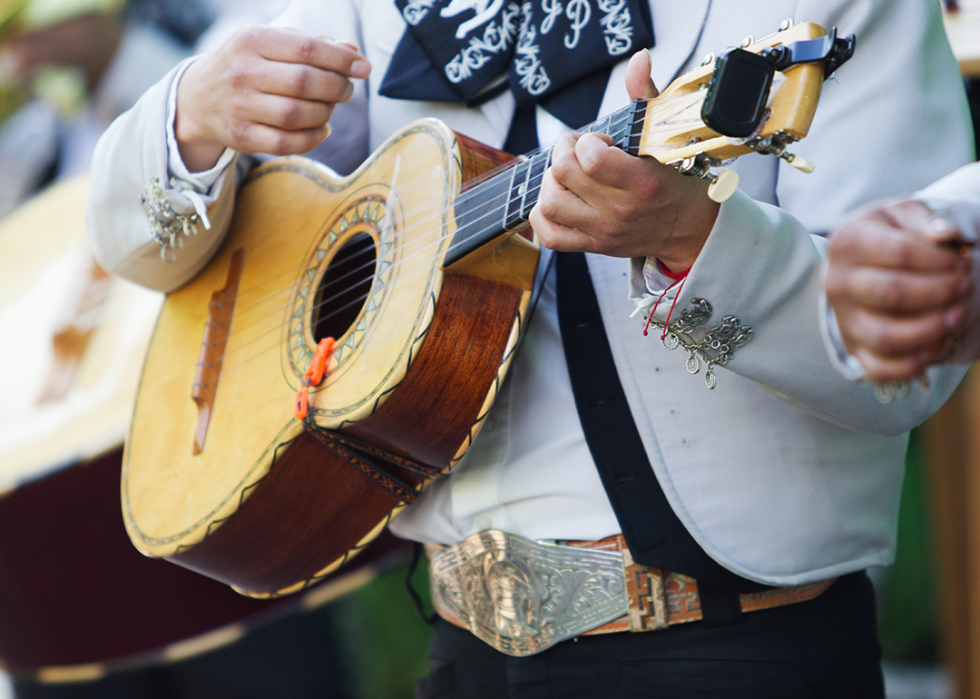
Mariachi serenades—Mexico
Much like Mother's Day in the United States, Día de los Madres in Mexico is also celebrated in May, and it's always celebrated on May 10. When it comes to the pomp and circumstance of celebration, these mamas get it all.
First thing in the morning, they wake up to the sounds of a serenade. That's right, tradition dictates that mom is awoken to the boisterous tones of mariachi music. Mariachi music is culturally significant in Mexico, is part of many traditional celebrations, and it seems only fitting that the joyous occasion is enhanced with heartfelt melodies and "gritos," of joyous "screams."
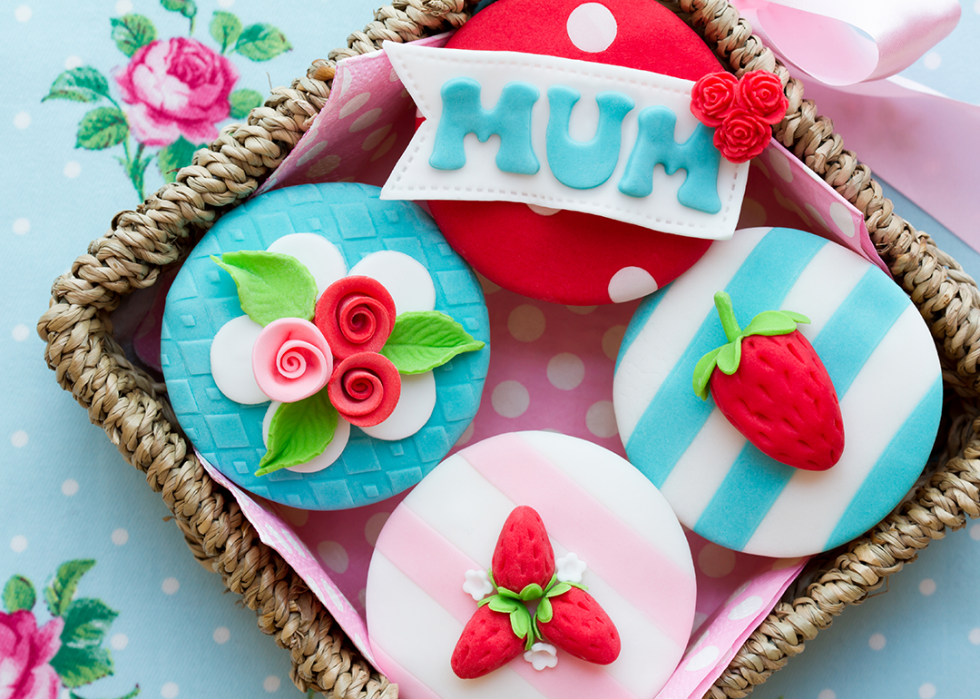
Special mass and simnel cakes—UK
The celebration of all things mom in the United Kingdom, known as Mothering Sunday is steeped in tradition and history. Originating as a Christian holiday, it falls on the fourth Sunday of Lent. During the Middle Ages, it was a day for Christians to return to their "mother church" and celebrate a special mass.
Considering the times and how many families spent much of their time apart to work, even at young ages, it was also a time for people to gather together. Over time, it evolved into a day to honor mothers, with children traditionally presenting them with flowers and homemade simnel cakes, a marzipan-covered fruitcake confection traditionally served during the fourth Sunday of Lent, and eventually Easter in the U.K.
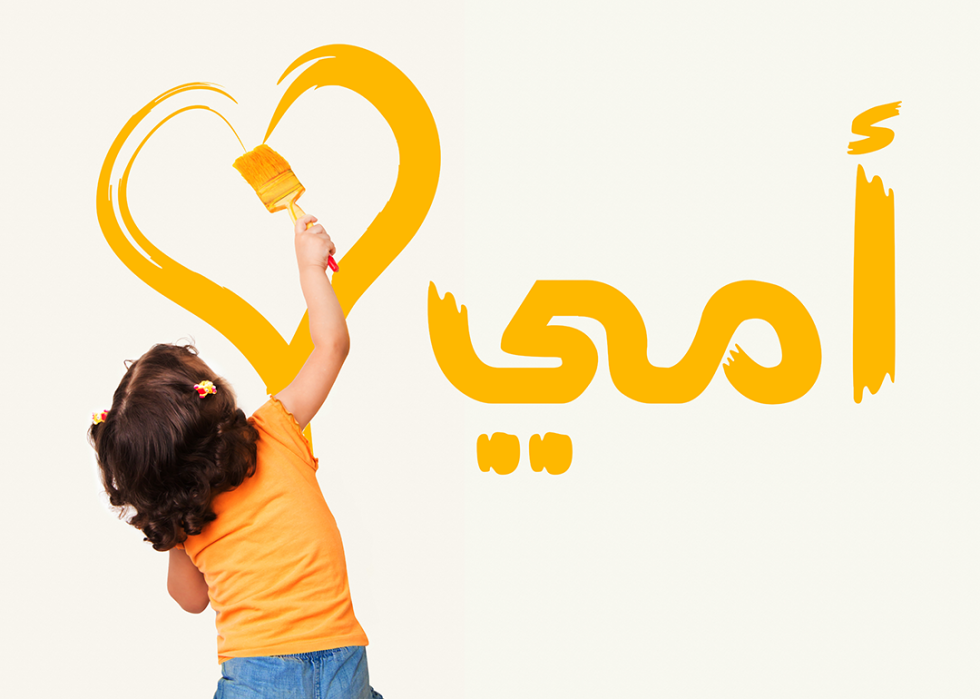
Jasmine flowers and gravesite pilgrimages—Egypt
In Egypt, Mother's Day falls on March 21, coinciding with the seasonal beginning of spring. During this time, Egyptians would celebrate the symbol of motherhood, the goddess Isis. In the modern era, after the activist Anna Jarvis introduced Mother's Day in the United States, journalist Mustafa Amin was the first to suggest the idea of a day to celebrate mothers in Egypt.
Today, Egyptians celebrate Mother's Day with many similar traditions such as giving handmade or store-bought gifts to mothers. In this Arab country, however, the day feels more inclusive. Many take the time to remember not just their own mothers, but also influential female figures in their lives like teachers. Egyptian sentiment can include big sisters who take on a motherly role, single mothers, and even those trying to conceive.
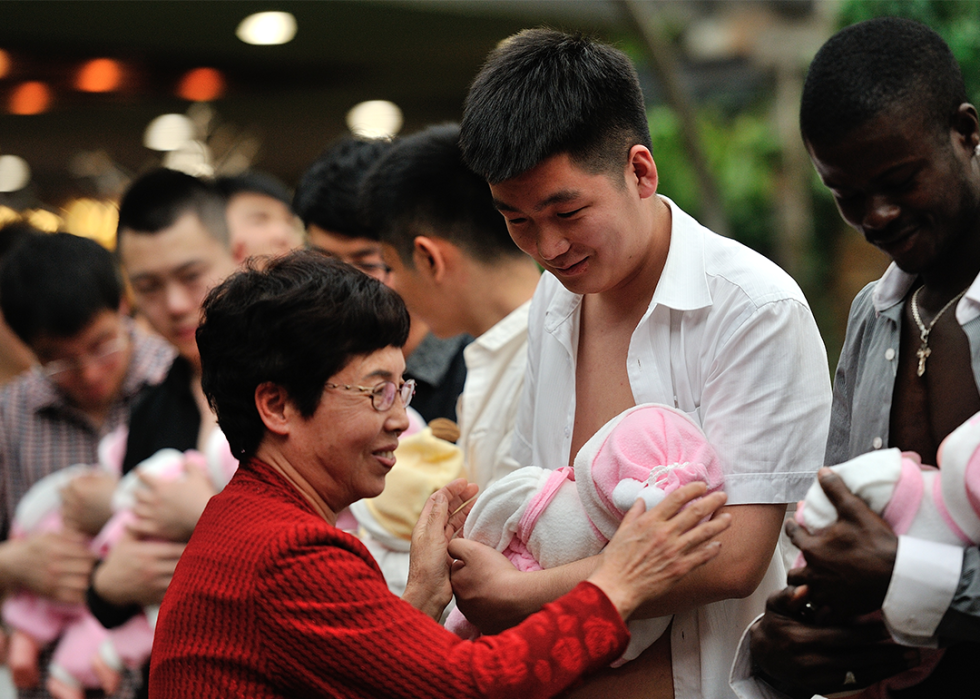
Mother's Day, Two Ways—China
In China, mothers are celebrated in two distinctive ways, each weaving tradition with modern flair. The primary celebration aligns with the Western calendar on the second Sunday of May, when children shower their mothers with gifts and attention. Yet, there's an additional layer to China's homage to all things mom.
The nation also reveres Mencius, the revered philosopher, and his remarkable mother. Her tale of resilience as a single mother with little money to care for her son, and somehow through it all finding a way to nurture her son's growth, inspires a secondary celebration. This occurs on her birthday, the second day of the fourth lunar month.
In addition, some Chinese associate tiger lilies with the day rather than carnations, believing that the flower can help brighten people's moods and alleviate worries. In both commemorations, the essence remains unaltered—expressing gratitude and savoring cherished moments together.
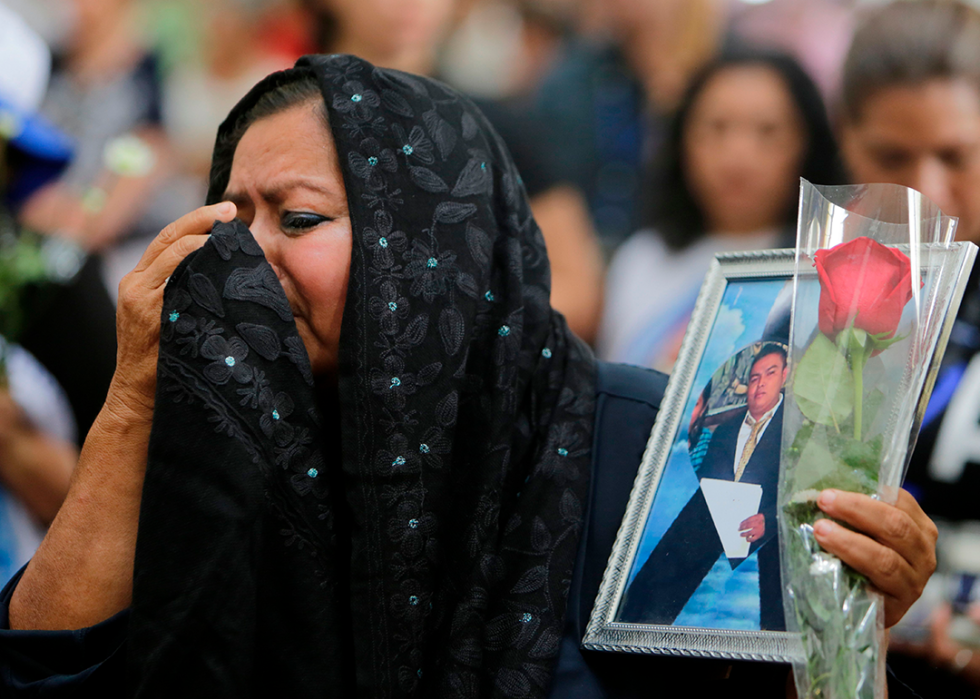
Honoring sacrifices—Nicaragua
In Nicaragua, Mother's Day is observed on May 30 as a paid holiday. Nicaraguans honor mothers with affectionate gestures like flowers, cards, and family gatherings, expressing gratitude for their love and sacrifice.
The day also commemorates the tragic events during Mother's Day in 2018. On that day, the mothers of 90 people killed during the early days of the repressive Ortega-Murillo regime organized a peaceful protest, which was met with a "shoot to kill" policy by the government. At least 15 people were killed that day. Amid the celebrations, there's a sorrowful undertone as the nation reflects on the sacrifices made by mothers who lost their lives in the struggle for justice and democracy, infusing the holiday with profound significance beyond familial appreciation.

Handmade Laurka and home cooked meals—Poland
In Poland, Mother's Day, known as "Dzień Matki," is celebrated every year on May 26. On this day, families gather to honor mothers with a blend of customs, including heartfelt greetings and handmade gifts such as laurka, handmade greeting cards made by young children.
For the Polish, the mother figure is important. Predominantly Roman Catholic, the Black Madonna is seen as a protector of the whole country. A painting of her has been named the "Queen of Poland" and is a frequent stop for any visiting pope to the country.
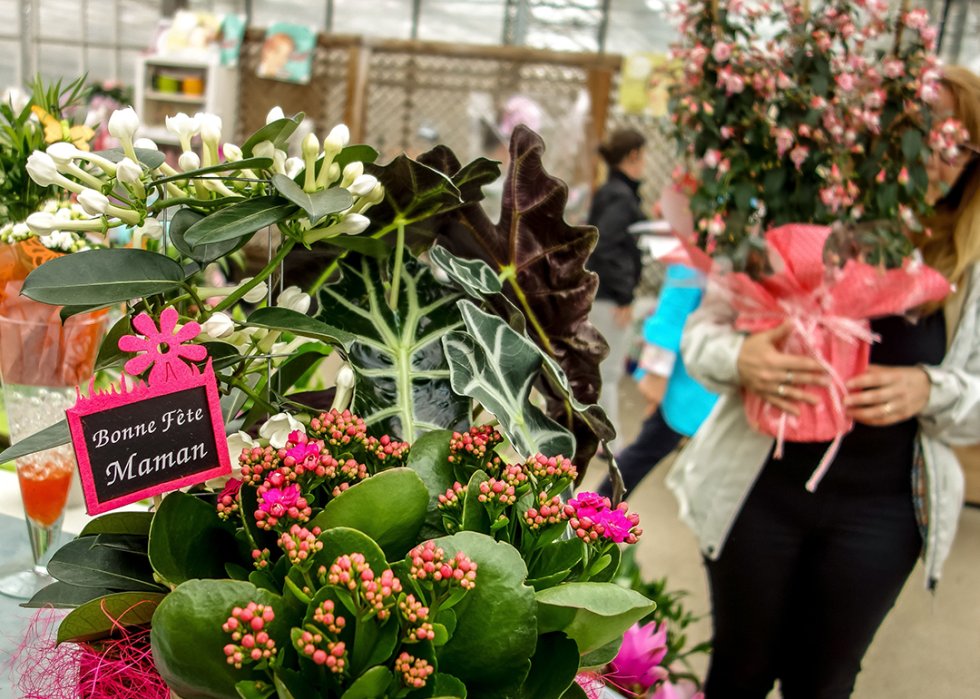
In honor of mothers with large families—France
In France, Mother's Day, known as "Fête des Mères," is celebrated on the last Sunday of May unless it falls on the same day as Pentecost, in which case it will take place on the first Sunday of June. It also seems to particularly honor women with large families, which made sense since there was a time in the early 1900s when low birth rates were a concern for the French government.
According to The Connexion, the first ceremony to acknowledge mothers took place in Artas, France, in 1906, where two women who had nine children each were given a bouquet of flowers, a week's worth of wages, and a certificate for "High Maternal Merit." It even included banners and a procession. By 1920, French communes were also encouraged to hold ceremonies and give certificates for those mothers with many offspring. Mother's Day in France became official in 1950, though since then it encompasses people who have given birth, no matter how many children.

Red carnations for a mother's love—Japan
Mother's Day in Japan, known as "Haha no Hi," has two potential stories of origin. The first was that it was an idea imported from Christian missionaries in 1913, and the second was that it began in 1931 in celebration of Empress Kojun's birthday. Celebrated on the second Sunday of May, it involves expressing gratitude to mothers through various traditions including the gifting of carnations, considered an emblematic flower in Japan symbolizing love and appreciation.
Like many of the other Mother's Day celebrations around the world, the day is spent revolved around the matriarch, serving her dishes that incorporate eggs such as "oyakodon," which translates to "father and son" when written in "kanji," a Japanese writing system adapted from Chinese characters.
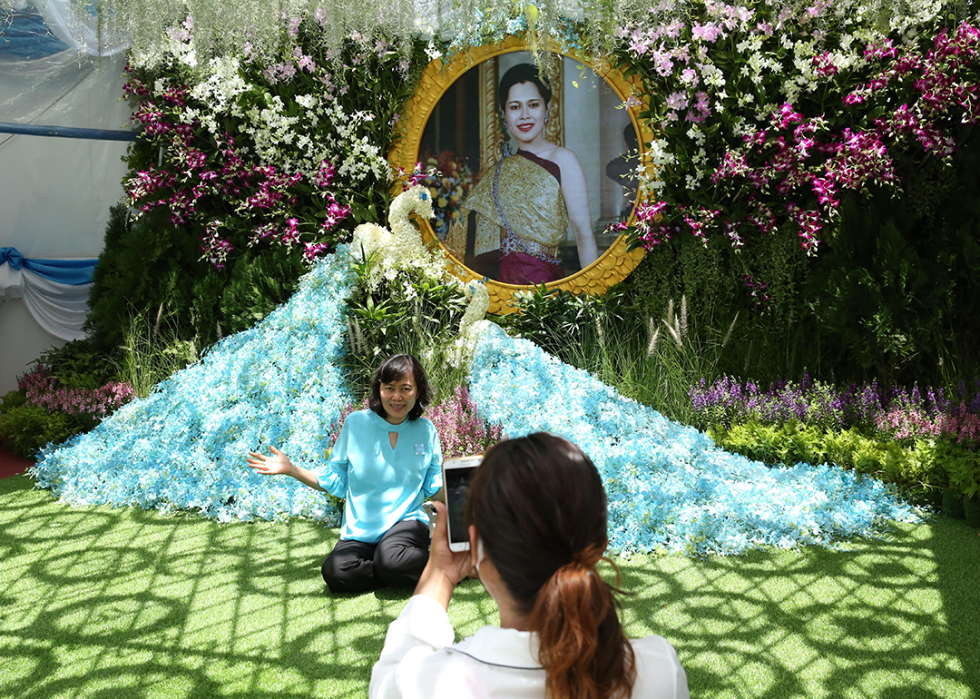
Honoring Queen Sirikit, the mother of all—Thailand
In Thailand, Mother's Day, known as "Wan Mae," is celebrated on Aug.12, coinciding with the birthday of Queen Sirikit, who is regarded as the mother of all Thai people. It's a nationwide occasion marked by public events, ceremonies, and acts of charity that are intended to positively impact all people within the community.
Thai people pay tribute to their mothers and the queen with offerings of jasmine flowers. Families also prepare a flower-shaped dessert called "kanom tong yip," which needs meticulous preparation.
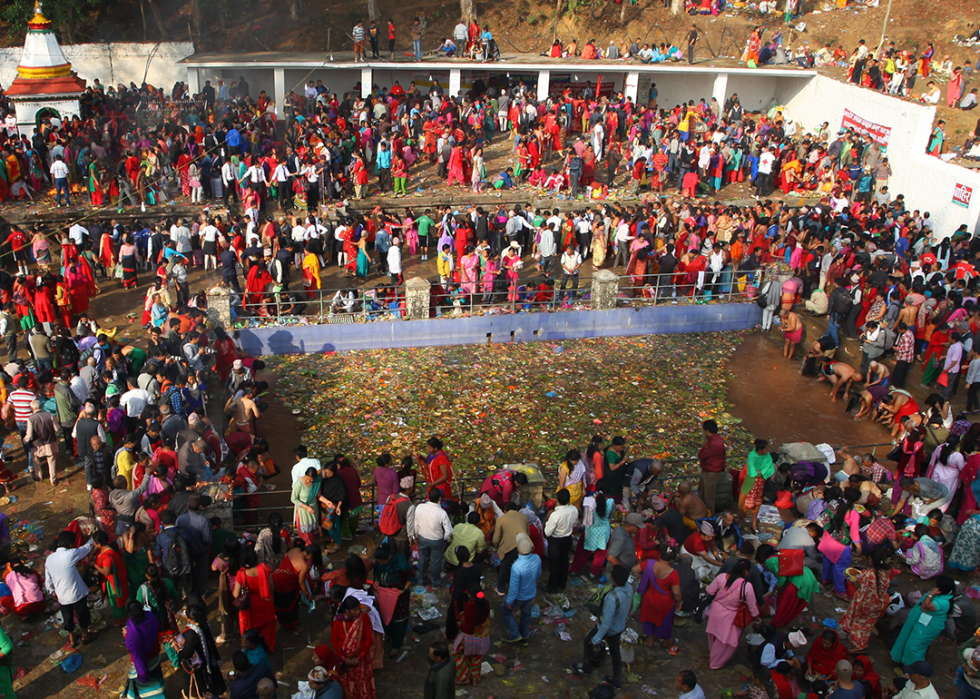
A pilgrimage to a pool for mom—Nepal
In Nepal, Mother's Day, often referred to as "Mata Tirtha Aunsi," is a one-day Hindu festival celebrated based on the Lunar calendar, so its date shifts every year. It usually falls around April or May.
Families celebrate the day by either arranging a family gathering or going to a sacred pool. At the pool, families pay tribute to mothers who have passed away. Those who are fortunate enough to have mothers who still live and breathe, prepare special gifts for them and, in return, she blesses them on the forehead.
Story editing by Carren Jao. Copy editing by Lois Hince.



